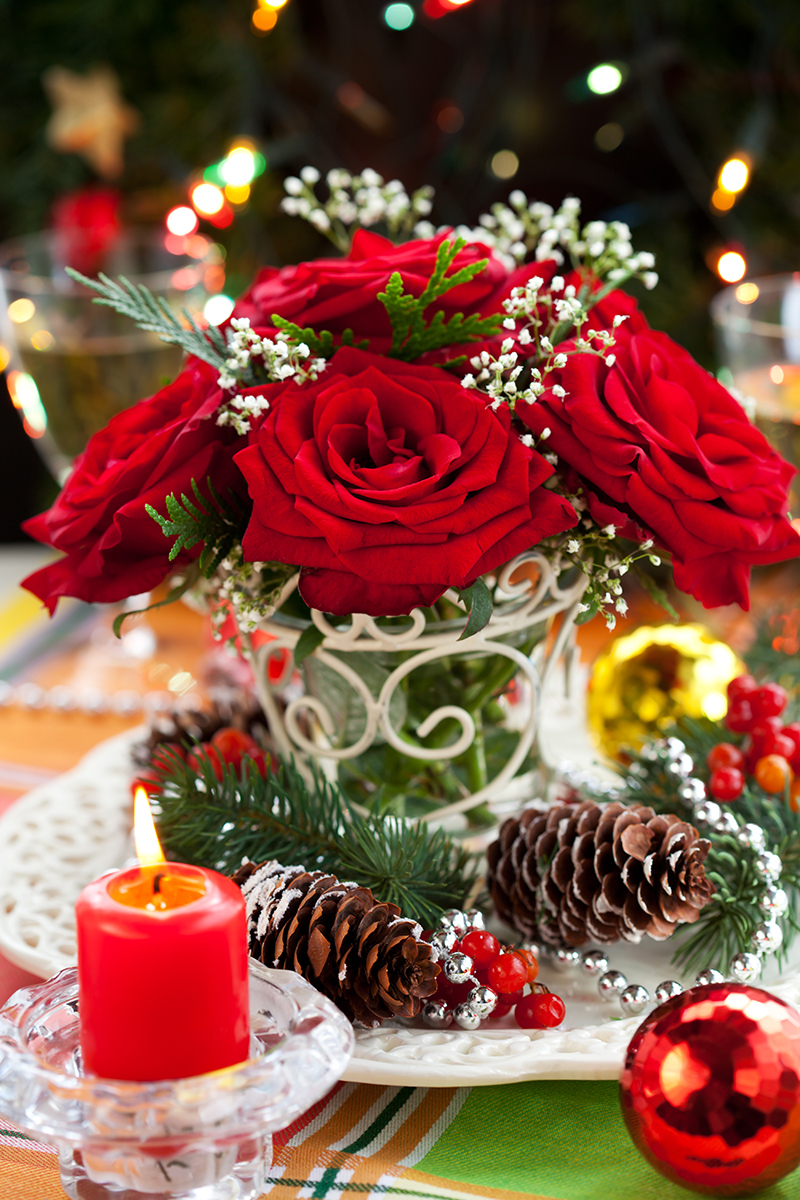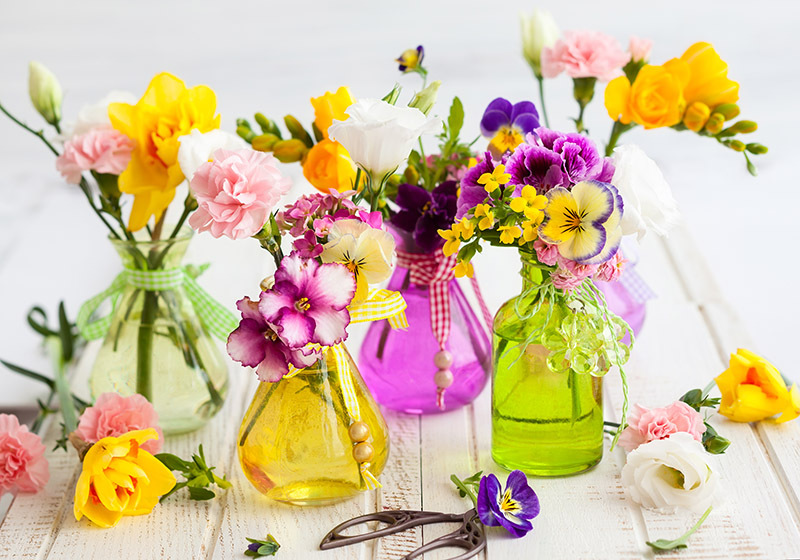The Role of Flowers in Funeral Rituals
Posted on 30/05/2025
Flowers have long been an integral part of funeral traditions and rituals across various cultures and religions. Their presence provides comfort to grieving individuals and serves as a beautiful tribute to the deceased. This article discusses the significance of flowers in funeral rituals, exploring their historical origins, symbolic meanings, and various types used during memorial services.

Historical Origins of Funeral Flowers
The use of flowers in funerals dates back thousands of years. In ancient Egypt, flowers were placed in tombs alongside the deceased as symbols of resurrection and eternal life. Similarly, the Greeks and Romans used wreaths and garlands to honor the dead and express sympathy. These early practices laid the groundwork for the floral traditions observed in modern-day funerals.
Symbolic Meanings of Funeral Flowers
Flowers are deeply symbolic and convey different meanings, which can vary depending on their type and color. For example, lilies are often associated with restored innocence and the purity of the soul. Roses symbolize enduring love and respect, with different colors representing varying sentiments - red for love, white for reverence, and pink for grace. Chrysanthemums, commonly used in European and Asian cultures, represent death and are often used solely for funerals in some places.
Types of Flowers Commonly Used in Funerals
Several types of flowers are traditionally used in funeral arrangements, each chosen for their unique meanings and the solace they provide to mourners. Common funeral flowers include:
- Lilies: Represent purity and restored innocence.
- Roses: Symbolize love and respect; different colors have special meanings.
- Chrysanthemums: Often signify death and are widely used in European and Asian funerals.
- Orchids: Represent eternal love and beauty.
- Carnations: Represent love and admiration; color delineates specific sentiments.
The Role of Flowers in Different Cultures and Religions
Different cultures and religions incorporate flowers into their funeral practices in various ways. In Christianity, flowers are used to symbolize the beauty of Heaven and the eternal life that awaits the deceased. In Buddhist funerals, white flowers are preferred for their association with mourning and death. Hindu ceremonies often involve the use of garlands and wreaths made of marigolds and other vibrant flowers to honor the deceased and pay respects to their soul.

Pros and Cons of Using Flowers in Funerals
Pros:
- Consolation: Flowers offer comfort and express empathy to grieving individuals.
- Aesthetic Appeal: They enhance the visual atmosphere of the funeral service.
- Symbolism: Different flowers carry significant meanings that enhance the memorial tribute.
Cons:
- Cost: Flower arrangements can be expensive, adding to the overall cost of the funeral.
- Allergies: Some guests may be allergic to certain types of flowers.
- Short-lived: Flowers wilt quickly, and their beauty is ephemeral.
Tips for Choosing Funeral Flowers
- Consider the deceased's favorite flowers or colors for a personalized touch.
- Choose flowers that hold cultural or religious significance for the family.
- Opt for arrangements that convey the desired sentiment, whether it's love, purity, or respect.
- Discuss preferences with a florist who specializes in funeral arrangements for professional guidance.

Takeaways
- Flowers have been an essential part of funeral rituals for centuries, providing comfort and expressing profound sentiments.
- Different flowers and colors carry unique meanings that enhance the memorial tribute.
- While flowers add beauty and symbolism to funeral services, it's essential to balance their costs and potential downsides like allergies.
- Choosing the right flowers involves understanding cultural and religious significance, as well as personal preferences.
Conclusion
Flowers play a vital role in funeral rituals, bridging the gap between the living and the deceased through their beauty and symbolism. They offer solace, convey emotions, and honor the memory of loved ones. Understanding their historical and cultural significance can help in making thoughtful choices that add meaning and comfort to memorial services. Despite their ephemeral nature and potential costs, the presence of flowers remains a cherished tradition in commemorating life and mourning loss.
Latest Posts
Transforming Petals: The Enchanting Hydrangea Flower
Best-Lasting Cut Flowers: A Dozen to Choose


